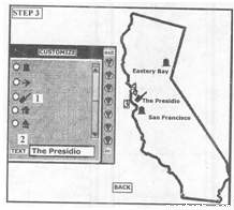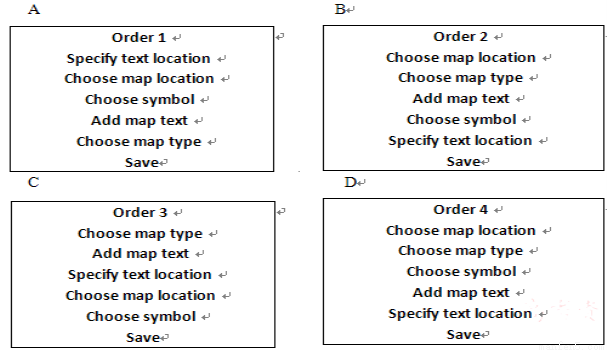题目内容
“Can I see my baby?” the happy new mother asked. When the bundle was in her arms and she moved the fold of cloth to look upon his tiny face, she gasped. The doctor turned quickly and looked out of the tall hospital window. The baby had been born without ears.
Time proved that the baby’ s hearing was perfect. It was only his appearance that was imperfect. When he rushed home from school one day and threw himself into his mother’s arms, she sighed, knowing that his life was to be misfortunate. He cried out the tragedy, “A boy, a big boy... called me a freak (怪人).”
He grew up, handsome. A favourite with his fellow students, he might have been class president, but for that. He developed a gift, a talent for literature and music. “But you might communicate with other young people,” his mother blamed him, but felt a kindness in her heart.
Two years went by. One day, his father said to the son, “You’ re going to the hospital, son. Mother and I have someone who will donate the ears you need. But it’ s a secret.” The operation was a brilliant success, and a new person emerged.
Later he married and entered the diplomatic service. One day, he asked his father, “Who gave me the ears? Who gave me so much? I could never do enough for him or her.” “I do not believe you could,” said the father, “but the agreement was that you are not to know... not yet.”
The years kept their secret, but the day did come. He stood with his father over his mother’ s casket. Slowly, tenderly, the father stretched forth a hand and raised the thick, reddish brown hair to reveal the mother had no outer ears.
“Mother said she was glad she never let her hair be cut,” his father whispered gently, “and nobody ever thought Mother less beautiful, did they?”
1.Why did Mother gasp when she saw her newborn baby?
A. Because her son had a tiny face.
B. Because she saw her son crying.
C. Because her son was born imperfect.
D. Because her son was in her arms.
2.Which word can describe Mother’ s feeling when the son threw himself into her arms?
A. Nervous. B. Sympathetic. C. Proud. D. Angry.
3.Who gave the son the ears?
A. A doctor. B. His father.
C. His mother. D. A stranger.
4.The underlined word “reveal” in the last but one paragraph means “________”.
A. see B. show C. find D. search
5.The best title for the passage would be ________.
A. Mother’s hair
B. An unforgettable memory
C. Who gave me the ears?
D. Who is my best respectable person?
1.C
2.B
3.C
4.B
5.C
【解析】
试题分析:这篇文章讲述了一个感人的故事,妈妈为孩子捐献了耳朵,展现了伟大的母爱
1. 推理题:从文章第一段的句子:The baby had been born without ears. 和第二段的It was only his appearance that was imperfect.可知孩子天生有残疾,选C
2. 推理题:从第二段的句子:she sighed(叹息), knowing that his life was to be unfortunate.可以推断妈妈对孩子是同情。选B
3. 推理题:从倒数第二段的句子:the father stretched forth a hand and raised the thick, reddish brown hair to show the mother had no outer ears.可知是妈妈给孩子捐献了耳朵。选C。
4. 推理题。根据第一段she gasped说明她为自己儿子没有了耳朵而难过。根据文章倒数第二段她把自己的耳朵给了儿子说明儿子对她很重要,是她的一切。根据文章倒数第二段可知直到妈妈去世以后,爸爸才告诉儿子:耳朵是妈妈给他的。B项阐述:医生不喜欢这个婴儿。与第一段内容不符。第一段中只是说医生不忍心看到这个婴儿没有了耳朵。并不是说明不喜欢这个婴儿。故B正确。
5. 主旨大意题。本文主要讲述的是一个母亲把自己的耳朵捐给了自己的儿子的故事,表达了母亲对儿子深沉的爱。故C正确。
考点:故事类阅读。




